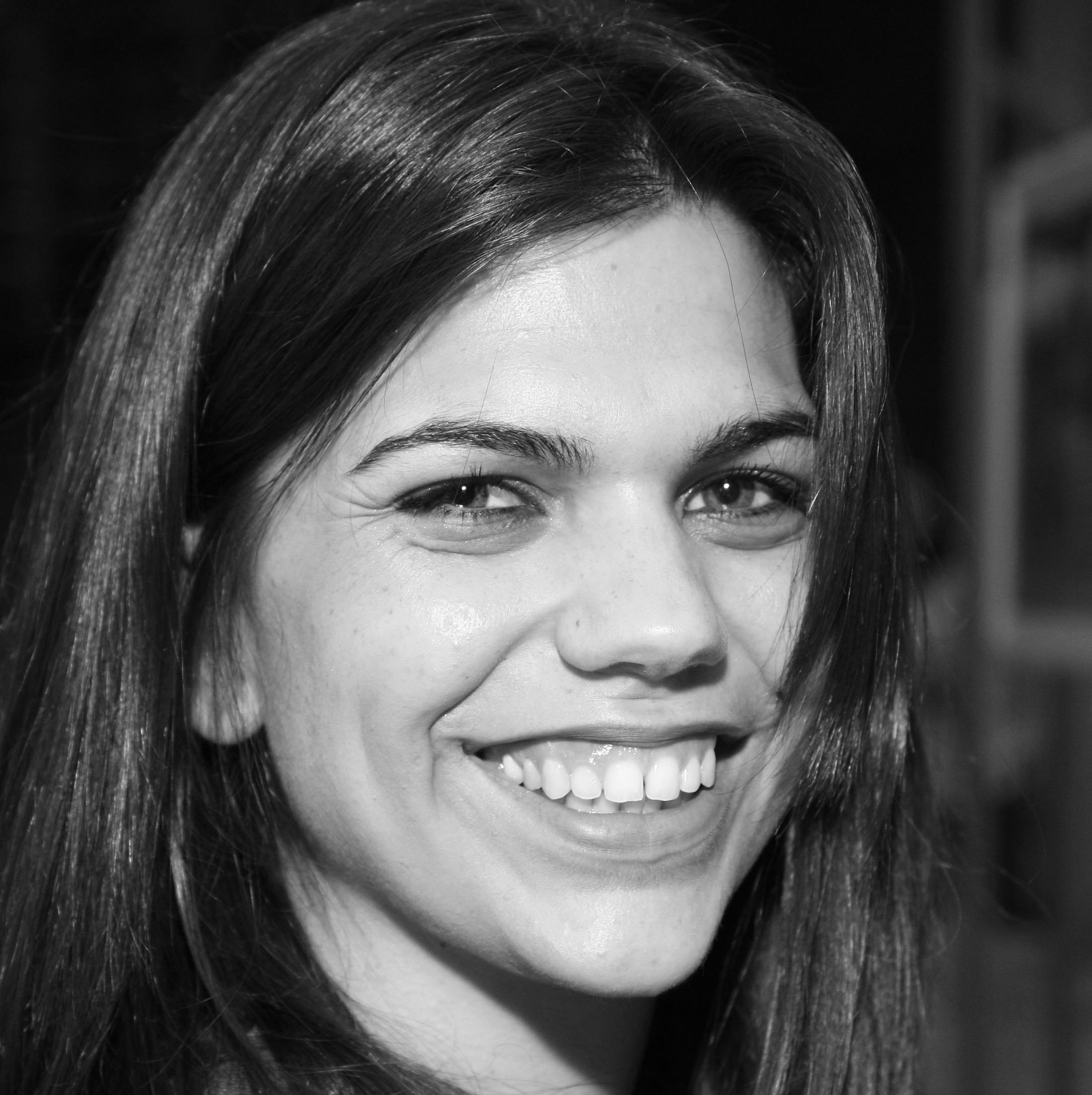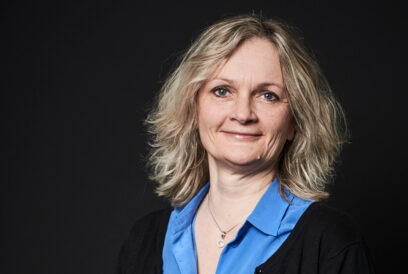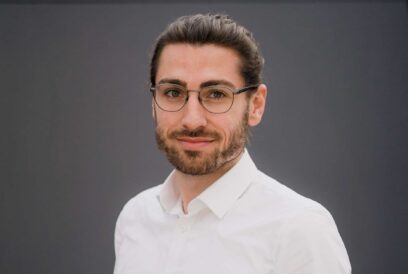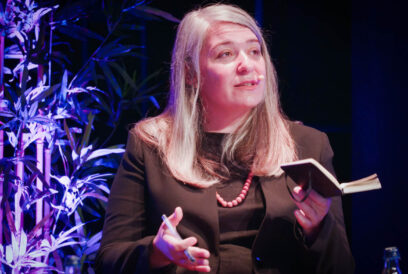
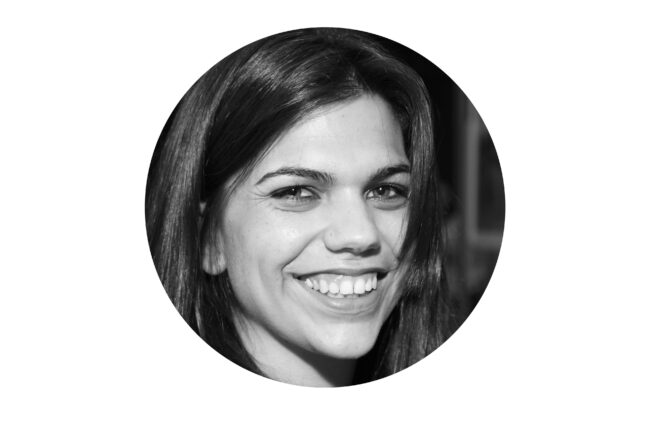
The underlying assumption in the discourse of resilience appears to be that the world is beyond our control, writes Maja Maksimovic. The text is a column written for issue 4/2021 on Redefining Resilience.
If you search for the meaning of resilience in English, the first results are the following: the capacity to recover quickly from difficulties; toughness (Google); the process of adapting well in the face of adversity, trauma, tragedy, threats or significant sources of stress (APA).
Resilience is the ability to become strong, healthy or successful again after something bad happens (Merriam-Webster).
The suggestion that individual adaptability is crucial for a healthy lifestyle seems wrong and neoliberal in nature.
Reading this, I immediately feel inadequate for not being able to stay robust and successful in the midst of another COVID-19 wave in Serbia. My days all look alike: countless hours in front of the screen, some of my friends testing positive for COVID, and Belgrade being one of the most polluted cities.
Even the smallest decisions (should I sit inside or outside the café in wintertime) create anxiety. What used to be an enjoyable activity has become stressful and energy-consuming.
HAVING ALL THIS IN MIND, the suggestion that individual adaptability is crucial for a healthy lifestyle seems wrong and neoliberal in nature.
Resilience skills are offered on various online learning platforms and courses “to give learner the knowledge, confidence and practical skills to become more resilient to life’s adversity and negativity.”
Is it so that the western enthusiasm for resilience is the effect of a neoliberal approach? If yes, how should adult education respond?
I assume that the correct action would be demystification of the concept. Although this will not provide a solution for a better life, it can give us a sense of relief for not being fully equipped with coping skills – a sense of relief flavoured with good old postmodern melancholy.
ONE OF THE STRONGEST arguments for the resilience model is that our life is constantly under threat due to the increasing unknowability and unpredictability of the world.
Therefore, the way to cope with the dangerous landscapes of life’s uncertainty is to develop emotional resistance in which the key feature is optimism. If we look at this statement through a critical lens, we find that the underlying assumption is that the world is beyond our control, and that changes are happening outside the realm of our influence.
We should address the structural and systemic problems of our world, instead of inviting people simply to adjust.
In other words, we should only try to find the best way to adapt and thus overcome the troubles. This takes away the personal agency of creating and influencing the society.
Such an adaptable subject is reflexive and takes responsibility for his/her own well-being. This position can hinder community and political engagement, as the problem is not located within the structures that produce radical uncertainty, but within the person.
The idea that we are not creators, but mere consumers of what already exists, produces a feeling of guilt and shame. The world cannot be transformed. Critical pedagogy is for pessimists. Instead of being protected and having access to public services, people are asked to develop capacities to face the problems themselves (or in themselves).
SO, WHAT DO I DO? I believe that acting together is still very valid and needed. Collective engagement contributes to personal wellbeing and potential change.
Recently, I had a conversation with older female learners who are striving to create a collective living community. They emphasised that a sense of belonging and support was key to feeling safe.
May I suggest that, instead of being resilient, we should insist on access to public services and solidarity.
We should address the structural and systemic problems of our world, instead of inviting people simply to adjust.
The writer is an Elm editorial board member.
Author
